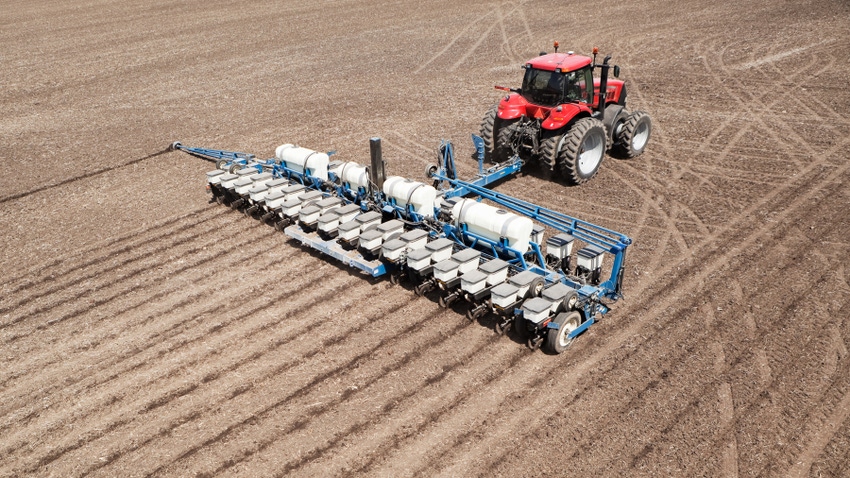
Still looking for custom-rate information for the coming growing season? University of Maryland Cooperative Extension has just released its custom farming rates, and not surprisingly, prices are up — way up in some cases.
The survey of 67 custom operators and farmers from Maryland and Delaware — conducted by mail and online last fall — shows some significant increases in overall costs of planting, harvesting and equipment expenses from the previous survey done in 2020. Here are some highlights:
corn planting, conventional with fertilizer, $25.90 per acre, up 44.5%
corn planting, conventional without fertilizer, $22.44 per acre, up 34.9%
no-till corn with fertilizer, $25.76 per acre, up 19.6%
no-till corn without fertilizer, $23.81 per acre, up 14.7%
conventional soybean planting, $24.18 per acre, up 20.6%
no-till soybean planting, $23.43 per acre, up 15.2%
small grain drilling, $23.43 per acre, up 9.9%
manure loading, $4.15 per ton, up 1.21%
manure spreading — solid, $18.50 per solid ton, up 91%
manure spreading — litter, $11.47 per litter ton, up 62.7%
manure hauling, $16.47 per ton, up 91.5%
corn combining, $37.57 per acre, up 9.88%
soybean combining, $37.48 per acre, up 7.3%
small grains combining, $37.81 per acre, up 8.4%
New York and Ohio released custom rate surveys late last year. The complete Maryland custom rates survey can be found at extension.umd.edu.
The rates include charges for machines, power, fuel, lube and labor. They do not include the costs of chemicals, seeds and other materials, with the exception of hay baling materials and where noted.
Tips for shopping or setting rates
Ohio State Extension recommends growers calculate their own costs before determining the custom rate to charge or pay. The University of Minnesota and Iowa State University have online tools that can help you calculate machinery costs.
The University of Maryland reminds growers that there are wide ranges with some operation charges. Variations may be because of lack of knowledge about charges and difference in location, topography, field size and shape, crop yields, soil conditions, weather conditions, work quality, equipment type and size, timeliness, or the ratio of available jobs to custom operators.
Crop budgeting information can be found at extension.umd.edu.
Penn State Cooperative Extension reminds growers that rates can vary greatly depending on size and shape of fields, crop condition, skill level of labor and other factors. Pennsylvania has not done a custom rate survey since 2016. However, Extension agents often point to areas outside the state as good references for growers.
About the Author(s)
You May Also Like






